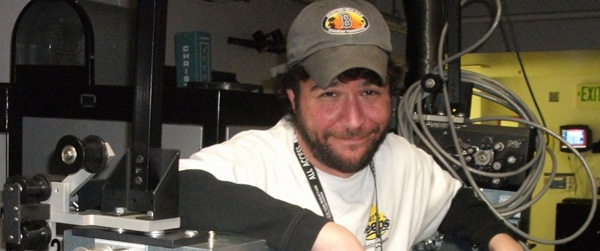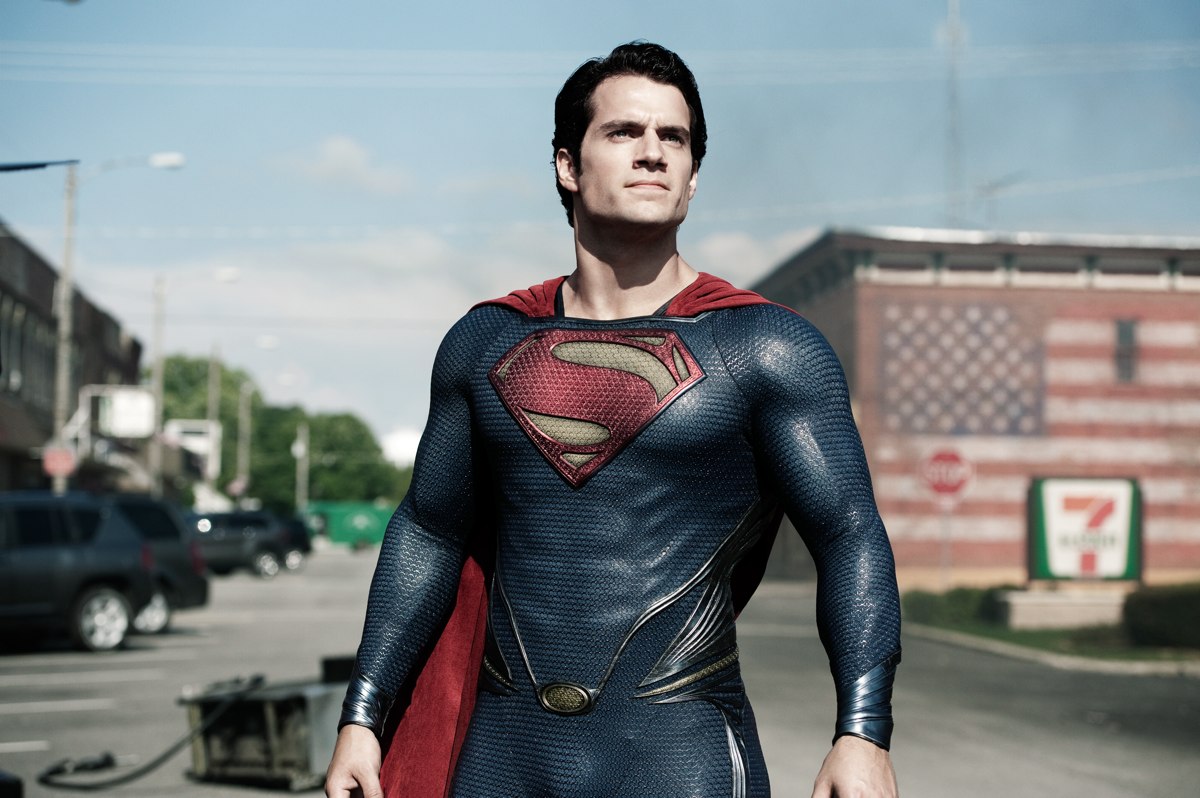With “Man of Steel” opening this weekend we come back to the same debate I’ve gotten awfully tired of having for years. Superman, I am constantly told, is not a “relatable” character. After all, he’s faster than a speeding bullet, more powerful than a locomotive, and all that jazz.
How is a disgruntled, debt-ridden, under-employed 21st century audience supposed to identify with a character who’s basically a God?
Well, for starters I reject the parameters of the argument. Nothing rankles me more than folks who insist on movie characters being “relatable.” There’s a blowhard local critic I’ve been bickering with on and off for over a decade, a middle-aged college professor, and this gentleman’s entire criteria as to what constitutes a good film is whether or not he can “identify” with the characters. “Who are these people?” this fellow will ask following a screening of “Beasts of the Southern Wild,” “Ginger and Rosa” or even “Frances Ha.” “What a bunch of self-involved, self-destructive twits!”
I don’t go to the movies to see my life reflected back upon myself. I always thought the most wonderful thing about movies is that they allow us to get outside of ourselves for just a little while, to experience different worlds and circumstances that we’d otherwise never know. Superman is indeed a God, and Zack Snyder’s “Man of Steel,” like so many interpretations of this story before it, does not shy away from the Christ imagery. Maybe you can’t “relate” to him because he’s decent and forthright, blessed with more powers than you can possibly imagine and yet chooses to use them for the betterment of his adopted citizenry instead of his own rewards. He’s an aspirational figure, not a mirror.
I think the real problem that’s constantly dogged this character and may be the source of these complaints is his invulnerability complex. It’s the same corner those “Matrix” sequels painted themselves into after the rousing end of the first picture — a dramatic writer’s variation on “what do you get for the man who has everything?”
That’s why the film franchise brought back General Zod and his gang of Kryptonian baddies: there’s nobody else that can fight Superman and generate a fair amount of suspense. The 1950s TV series would pit Supes against safecrackers and pistol-weilding hooligans, basically swatting a fly with a bazooka. Lex Luthor is a gimcrack rogue real estate planner, and while 1978’s “Superman” is considered canon amongst the fans, the ending always drove me nuts. Once Kal-El demonstrates that he can fly fast enough to spin the Earth backwards and travel back in time, what’s to keep him from doing that every time Clark Kent is late for work and can’t find his car keys? Leaving aside a few radioactive green space rocks, there’s nothing that can get to Superman and therein lies our real dilemma. Bryan Singer’s elegantly composed “Superman Returns” was one of the most searingly personal, deeply moving superhero movies we’ve yet seen, but it couldn’t find a way around this particular conundrum, and thus climaxed with a kinda-deadly half hour of Supes lifiting a lot of heavy stuff.
The idea of a Superman that I can personally “relate to” is frankly horrifying. His near-indescrutibility is what allows him to demonstrate a bravery and forthrightness most of us can only fantasize about. Let’s say Earth was indeed attacked by a gang of renegade, terra-forming Kryptonians who just escaped from the Phantom Zone and intend to wipe out the planet. You wouldn’t want to call me. I’m a thirty-something layabout who ducks calls from angry exes and sleeps past noon. My only superpowers are avoiding bill collectors, telling you which local sports bars give out free chicken wings during happy hour, and recommending a mechanic who will fudge the paperwork so your junk car will get an inspection sticker.
Come Armageddon, you’re better off with Superman, and that’s why I love him. Reading Boston writer Larry Tye’s excellent recent book Superman: The High-Flying History of America’s Most Enduring Hero, I realized the character came to life as a reverie that a bullied Jewish kid named Jerry Siegel had while growing up in a Cleveland housing project during the Great Depression. Superman is more than a character, he’s a dream. Superman is our better self; a projection of absolute power that does not corrupt absolutely. He’s kind.
Every petty quarrel you get into, like a stupid fight over a parking space, ask yourself, ‘Would Superman do this?’ He’s busy saving the world, but never loses his bearings as a gee-whiz kid from Kansas. Superman doesn’t have to be nice: he’s invulnerable. He could take over the country with a shrug. Yet he works for a living, treats people with respect, and never gets the girl. Superman doesn’t even wait to be thanked, he just flies away.
Yes, Superman is better than us. Maybe you think he’s not “relatable” but maybe that’s because a lot of us are kind of sorry losers. As Russell Crowe’s Jor-El says in the new picture: “You will give the people of Earth something to strive for. They will race behind you. They will stumble, they will fall. But in time they will join you in the sun. In time, you will help them accomplish wonders.”
Clark Kent is so amazing, he can actually find a full-time job at a daily newspaper. That may be a fantasy, but I’d rather watch a guy like that onscreen than somebody like myself.












